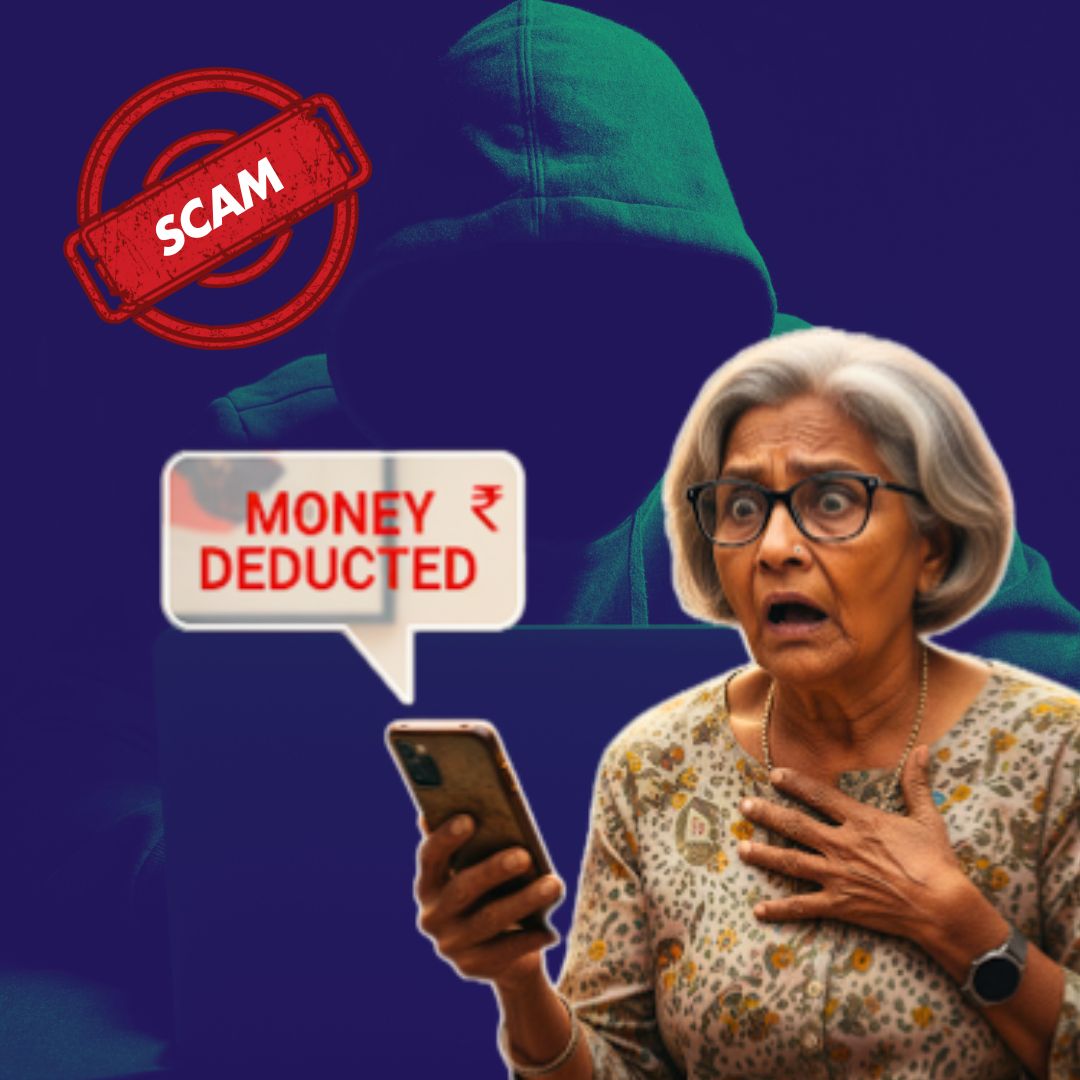A 76-year-old retired woman in Noida’s Sector 41 lost ₹43.70 lakh to cyber criminals over a 26-day “digital arrest” scam that began on July 18. The woman was deceived by callers impersonating telecom executives and Mumbai police officers who falsely accused her of being involved in terror and illegal activities linked to the Pahalgam attack.
She was coerced into transferring money repeatedly to avoid supposed arrest. Police have registered an FIR and are investigating, while urging public vigilance to protect consumers from such sophisticated cyber frauds.
Understanding the Digital Arrest Scam
According to HT, The woman was trapped in a prolonged psychological con where fraudsters used video calls spoofing police officers and government officials to create fear and isolation.
They falsely claimed her phone number was being used for gambling, hawala, drug trafficking, and terror funding, demanding a “security deposit” to clear her name.
Police Response and Ongoing Investigation
After realising the fraud with legal assistance, the victim filed a complaint. Police have charged suspects under sections including cheating, impersonation, and extortion, and traced the money through multiple accounts.
Though some accused were granted bail due to evidential challenges, authorities emphasise prompt reporting of suspicious calls and awareness as critical defence measures.
The Rising Threat to Consumers
Digital arrest scams are escalating rapidly in India, especially targeting seniors who are vulnerable to coercion and fear-based manipulation. Government data reveals over 92,000 such cases in 2024 alone, with losses exceeding ₹2,140 crore.
Victims often suffer severe emotional trauma alongside financial devastation, underlining the importance of consumer safety education and robust cybercrime prevention strategies. Early 2025 figures reveal thousands more cases, indicating an alarming increase.
These scams exploit advanced technologies like AI-based voice cloning and fake video calls, making even tech-savvy individuals vulnerable. Experts highlight the emotional trauma victims endure, including anxiety and depression, emphasizing the critical need for widespread awareness and preventive measures to safeguard consumers.
Expert Advice for Consumer Safety
- Never share OTPs, personal identification (Aadhaar, PAN), or banking details over unsolicited calls or video chats.
- Be sceptical of any call demanding immediate payment or threatening arrest.
- Independently verify caller identities through official government numbers or websites.
- Avoid staying on long video calls or following instructions from unfamiliar callers.
- Immediately report suspicious calls to cybercrime helplines such as 1930 or via cybercrime.gov.in.
- Educate elderly family members regularly about such scams and safe digital practices.
This incident highlights the urgent need for comprehensive digital literacy campaigns aimed at vulnerable groups to enhance consumer protection. Collaborative efforts among police, financial institutions, and community groups can strengthen early-warning systems and support victims. Legal frameworks must also evolve to address the complexities of psychological coercion and transnational cybercrime networks.
The Logical Indian’s Perspective
The digital arrest scam exemplifies how fear and manipulation jeopardise consumer safety in the digital age. Protecting individuals, particularly seniors, requires empathy-driven policies and widespread education to break the isolation these scammers exploit.
The Logical Indian advocates for informed, proactive communities where consumers feel empowered and supported against such threats.













